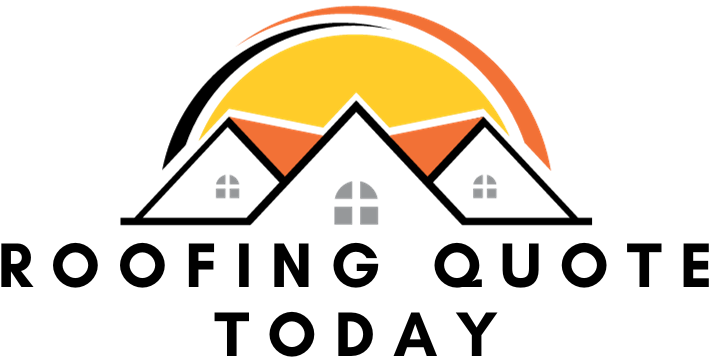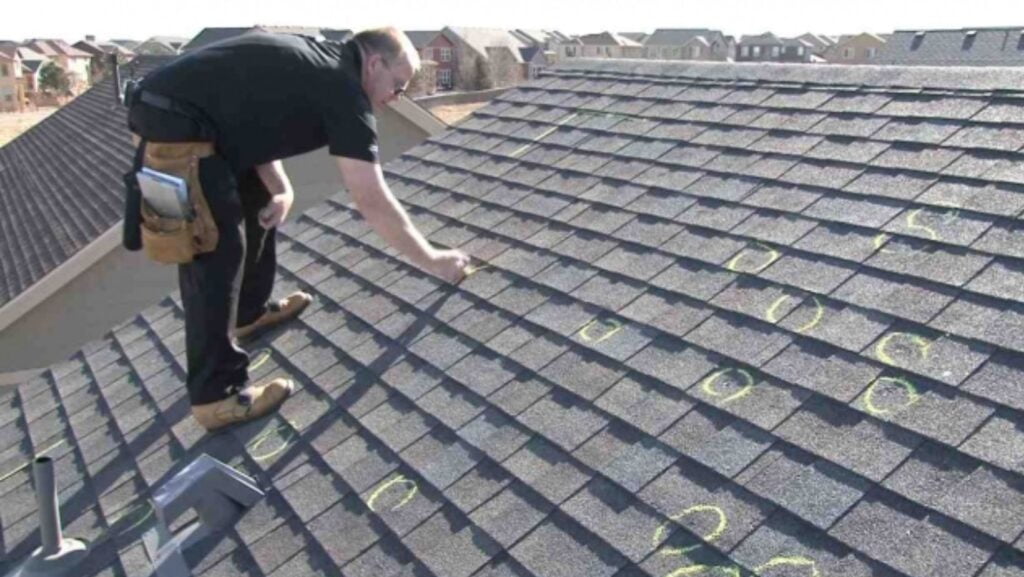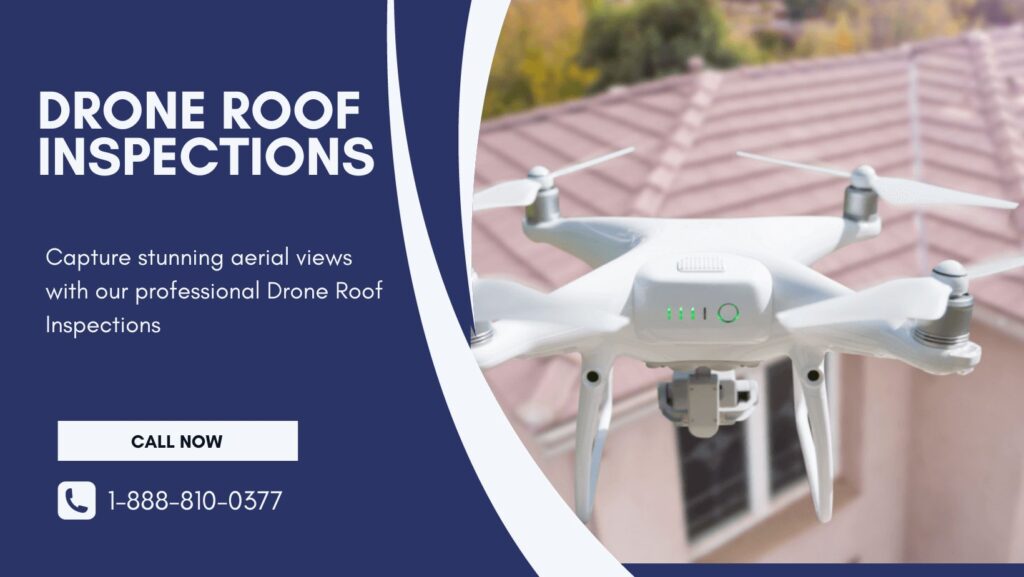Are you concerned about the condition of your roof but unsure of how long it will take to have it inspected? Understanding the factors that impact the duration of a roof inspection and the typical time it takes can help you plan accordingly. This comprehensive guide will provide you with valuable insights into the roof inspection process, including the different steps involved and when it’s essential to hire a professional. Additionally, we’ll share some tips to ensure you receive a thorough inspection, giving you peace of mind about the state of your roof.
What Factors Impact Roof Inspection Duration?
When planning for a reliable roof inspection company, it’s essential to consider the various factors that can impact its duration. These factors include the size and complexity of the roof, its condition, weather conditions, the inspector’s availability, and the inspection scope itself.
The size and complexity of the roof play a significant role in determining the inspection time. A larger roof naturally requires more time to inspect thoroughly compared to a smaller one. Additionally, the presence of multiple levels, dormers, chimneys, or other unique features adds to the complexity of the inspection and can extend the process.
The condition of the roof is another crucial factor. A roof in poor condition, with visible signs of damage or deterioration, will require a more comprehensive inspection. This includes checking for leaks, loose or missing shingles, damaged flashing, and other potential issues. Naturally, a roof in good condition can be inspected more quickly.
Weather conditions can also impact the duration of roof inspection services. If the weather is inclement, such as heavy rain, snow, or strong winds, it may not be safe for the inspector to conduct a thorough examination. In such cases, the inspection may need to be rescheduled, leading to potential delays.
The availability of the inspector is another factor to consider. If the inspector has a busy schedule with multiple appointments, it may take longer to secure a suitable time for the inspection. This can prolong the overall process, especially if the inspection needs to be conducted within a specific timeframe.
Finally, the scope of the inspection itself influences its duration. A basic residential roof inspection service, which typically covers a visual examination of the roof’s exterior, can be completed relatively quickly. However, a comprehensive inspection that involves checking for hidden damage, moisture intrusion, or structural issues will naturally take more time.
By understanding these factors and considering them during the planning process, you can have a more realistic expectation of the time required for a thorough new home roof inspection. This will help you make informed decisions and ensure that your roof’s condition is properly assessed and addressed.
How Long Does A Roof Inspection Usually Take?
The duration of an affordable roof inspection can vary significantly based on various factors. These factors include the size and intricacy of the roof, weather conditions, accessibility and safety concerns, and the inspector’s level of experience and expertise.
Size and Complexity of the Roof:
The size of the roof is a primary determinant of the inspection time. Smaller roofs can be inspected relatively quickly, often within 30 minutes to an hour. However, larger roofs, such as those found on commercial buildings or sprawling residential properties, may require several hours of thorough inspection. Additionally, the complexity of the roof design also plays a role. Roofs with multiple levels, dormers, skylights, or other unique features require more time for a comprehensive inspection.
Weather Conditions:
Weather conditions can have a significant impact on the efficiency of roof inspection services near me. If the weather is inclement, such as heavy rain, snow, or strong winds, the inspector may deem it unsafe to access the roof. This can lead to delays or rescheduling of the inspection to ensure the safety of both the inspector and the property.
Accessibility and Safety Concerns:
The accessibility and safety of the roof are crucial considerations during an inspection. If the roof is difficult to access, such as requiring specialized equipment or posing safety hazards, the inspection process may be lengthier. Inspectors prioritize safety and may take additional time to ensure a thorough and risk-free examination of all roof areas.
Inspector’s Experience and Expertise:
The inspector’s level of experience and expertise directly influences the duration of the inspection. An experienced inspector with a keen eye for detail can efficiently identify potential issues and assess the overall condition of the roof. Conversely, a less experienced inspector may require more time to identify and document any problems.
General Timeframe:
Considering all these factors, roofing inspection services can typically take anywhere from 30 minutes to several hours. For an accurate estimate of the inspection duration for your specific roof, it’s advisable to contact a reputable roofing contractor who can assess your property and provide you with a timeframe based on their professional expertise.
Understanding The Roof Inspection Process
A roof inspection is a crucial step in maintaining your home’s structural integrity and preventing costly problems in the future. During a roof inspection, roof repair specialists will thoroughly examine the exterior and interior of your roof, including all of its components, to identify any signs of damage or deterioration.
The first step in the inspection process involves a visual examination of your roof’s exterior. The inspector will look for any obvious issues such as missing or damaged shingles, cracked or warped flashing, clogged gutters, and any signs of leaks or water damage. We will also check the overall condition of the roof, including its slope, pitch, and any signs of sagging or structural damage.
Next, the inspector will move on to the interior of your roof, typically via the attic or another accessible space. We will examine the underside of the roof deck for any signs of moisture, leaks, or structural damage. The inspector will also check for proper insulation, ventilation, and any signs of mold or mildew growth.
Throughout the inspection, the roofing contractor may use various tools to assist in their assessment. These may include a flashlight, moisture meter, binoculars, and a camera to document any issues found. We may also use a drone or other technology to comprehensively inspect hard-to-reach areas.
Once the inspection is complete, the roofing contractor will prepare a written report detailing any issues found, along with recommendations for repairs or maintenance. This report will serve as a valuable resource for you to understand the condition of your roof and make informed decisions about any necessary work.
By understanding the professional roof inspection service process and the importance of hiring a professional roof repair specialist near me, you can ensure that your roof remains in good condition and protects your home from the elements for years to come.
When To Hire A Professional For A Roof Inspection
While you can inspect your roof yourself, there are instances when it’s best to hire a professional for a comprehensive roof inspection company. Here are some situations when hiring a professional roof inspector is highly recommended:
– Complex Roof Structure: If your roof has a complex structure, such as multiple levels, dormers, chimneys, or skylights, it’s advisable to hire a professional who has the expertise to thoroughly inspect all areas and identify potential issues.
– Lack of Roofing Knowledge: If you don’t have any roofing knowledge or experience, it’s best to leave the inspection to a professional. A trained inspector knows what to look for and can identify even minor problems that may not be obvious to an untrained eye.
– Inaccessible Areas: If your roof has areas that are difficult or unsafe to access, such as steep slopes or high-rise buildings, hiring a professional with the necessary safety equipment and experience is crucial for a proper inspection.
– Potential Issues: If you suspect any issues with your roof, such as leaks, sagging, or missing shingles, it’s important to have a professional inspection to determine the extent of the problem and recommend appropriate roofing solutions.
– Pre-Purchase or Pre-Sale: If you’re planning to buy or sell a property, a professional roof inspection can provide you with a detailed report on the condition of the roof, which can be valuable during negotiations and help you make informed decisions.
– Insurance Claims: If you need to file an insurance claim for roof damage, a professional inspection report can provide crucial documentation to support your claim and ensure a fair settlement.
Hiring roof repair experts ensures a thorough and accurate assessment of your roof’s condition, providing you with peace of mind and the knowledge necessary to make informed decisions about repairs or roof maintenance.
Additional Tips For Ensuring A Thorough Roof Inspection
In addition to the inspection steps mentioned earlier, several additional tips can help ensure a thorough emergency roof inspection:
Check for signs of water damage: Look for water stains on the ceiling or walls, as well as any signs of mold or mildew growth. These can indicate a roof leak or other water damage.
Look for loose or missing shingles: Missing or loose shingles can allow water to seep into the roof and cause damage. Make sure to check the entire roof, including the areas around chimneys, vents, and skylights.
Examine the condition of the flashing around chimneys, vents, and skylights: Flashing is the material used to seal the joints between the roof and these structures. If the flashing is damaged or missing, it can allow water to leak into the roof.
Pay attention to the condition of the gutters and downspouts: Gutters and downspouts help to direct water away from the roof and foundation of your home. If we are clogged or damaged, we can cause water to back up and damage the roof.
By following these tips, you can help ensure that your roof inspection services are thorough and that any potential problems are identified and addressed promptly.



